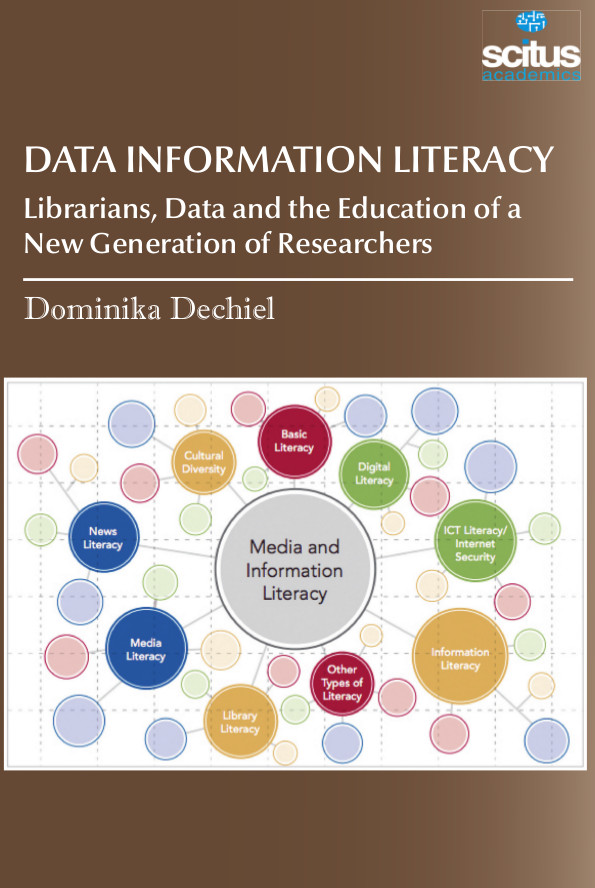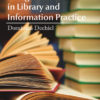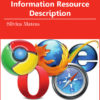The beginning of the 21st century has been called the Information Age because of the explosion of information output and information sources. It has become increasingly clear that students cannot learn everything they need to know in their field of study in a few years of college. Information literacy equips them with the critical skills necessary to become independent lifelong learners. They know how to learn because they know how knowledge is organized, how to find information and how to use information in such a way that others can learn from them. They are prepared for lifelong learning, because they can always find the information needed for any task or decision at hand.” Information literacy forms the basis for lifelong learning. It is common to all disciplines, to all learning environments, and to all levels of education. It enables learners to master content and extend their investigations, become more self-directed, and assume greater control over their own learning. The term “data information literacy” has been adopted with the deliberate intent of tying two emerging roles for librarians together. By viewing information literacy and data services as complementary rather than separate activities, the contributors seek to leverage the progress made and the lessons learned in each service area. This book, Dynamic Research Support for Academic Libraries, enunciates a new area of opportunity for librarians and other information professionals, developing educational programs that introduce graduate students to the knowledge and skills needed to work with research data.













